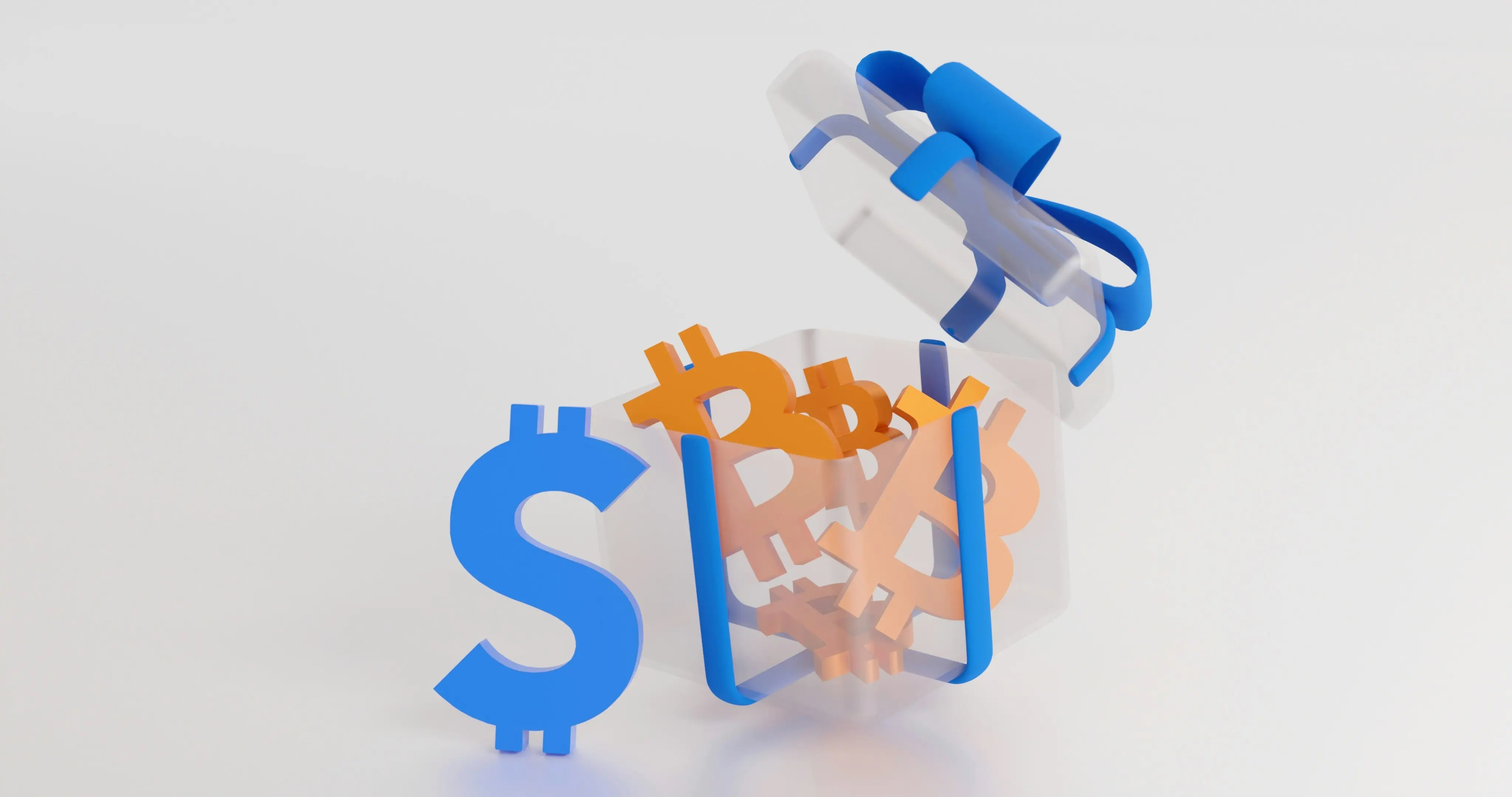
Introduction
In today's fast-paced world, mastering your credit card can be a pivotal step toward unlocking financial freedom. Credit cards are powerful financial tools that can help you build credit, earn rewards, and manage expenses. However, if mismanaged, they can lead to debt and financial stress. This guide will provide you with essential strategies to master your credit card, ensuring you reap the benefits while avoiding pitfalls.
Understanding Credit Cards
Before diving into strategies for mastering credit cards, it’s crucial to understand how they work. A credit card allows you to borrow funds up to a specific limit for purchases or cash advances. You are required to pay back the borrowed amount, typically on a monthly basis, along with any interest or fees incurred. The key components of credit cards include:
- Credit Limit: The maximum amount you can charge to your card.
- Interest Rate: The percentage charged on any unpaid balance, often referred to as the Annual Percentage Rate (APR).
- Minimum Payment: The smallest amount you can pay each month to keep your account in good standing.
- Rewards Program: Many cards offer points, miles, or cashback for purchases, providing additional value.
Building a Strong Credit History
Your credit history plays a vital role in your overall financial health. A good credit score can help you secure loans with favorable terms and lower interest rates. Here are some tips for building a strong credit history with your credit card:
- Timely Payments: Always pay your bill on time. Late payments can severely damage your credit score.
- Keep Balances Low: Aim to use no more than 30% of your credit limit. High utilization can negatively impact your credit score.
- Regularly Monitor Your Credit Report: Check your credit report for errors and report any discrepancies.
- Diversify Your Credit: Having a mix of credit types (credit cards, loans) can positively impact your score.
Choosing the Right Credit Card
With so many credit card options available, choosing the right one for your financial situation is essential. Here are a few types of credit cards to consider:
- Rewards Cards: These cards offer points, cashback, or travel miles for every purchase you make.
- Low-Interest Cards: Ideal for those who may carry a balance, these cards offer lower interest rates.
- Secured Cards: A great option for those new to credit or looking to rebuild their credit history.
- No Annual Fee Cards: These cards do not charge an annual fee, making them a cost-effective option.
Smart Spending Strategies
Mastering your credit card also involves implementing smart spending strategies. Here are some effective methods to consider:
- Budgeting: Create a monthly budget that includes your credit card expenses. This will help you manage your spending.
- Use for Necessities: Use your credit card for essential purchases such as groceries and bills that you can pay off each month.
- Set Spending Limits: Establish a personal spending limit that aligns with your budget to avoid overspending.
- Track Your Transactions: Regularly review your statements to ensure you stay within your budget and spot any unauthorized transactions.
Taking Advantage of Rewards
If you choose a rewards credit card, make the most of it by understanding how the rewards system works. Here are some tips:
- Maximize Bonus Categories: Some cards offer higher rewards for specific categories, such as dining or travel. Focus your spending in these areas.
- Utilize Sign-Up Bonuses: Many cards offer lucrative sign-up bonuses if you meet a spending threshold within the first few months.
- Redeem Wisely: Understand the best ways to redeem your rewards. Some programs offer better value for travel than for cash back.
- Stay Informed: Keep up with promotional offers to earn extra rewards during specific periods or purchases.
Avoiding Common Pitfalls
While credit cards can be beneficial, they also come with risks. Here are some common pitfalls to avoid:
- Carrying a Balance: Avoid carrying a balance whenever possible, as interest can quickly accumulate and lead to debt.
- Missing Payments: Set up reminders or automatic payments to ensure you never miss a due date.
- Ignoring Fees: Be aware of annual fees, late payment fees, and foreign transaction fees. Choose a card that minimizes these costs.
- Impulse Spending: Resist the temptation to make unnecessary purchases just because you have credit available.
Managing Debt Wisely
If you find yourself in credit card debt, it’s crucial to manage it wisely. Here are some strategies for tackling credit card debt:
- Pay More Than the Minimum: Always aim to pay more than the minimum payment to reduce your balance faster and save on interest.
- Consider Balance Transfers: If you have high-interest debt, look into balance transfer cards that offer 0% APR for an introductory period.
- Create a Repayment Plan: Develop a plan to pay off your debt systematically, focusing on the highest interest debts first.
- Seek Professional Help: If debt becomes overwhelming, consider consulting a financial advisor or credit counseling service.
Conclusion
Mastering your credit card is a crucial step toward unlocking financial freedom. By understanding how credit cards work, building a strong credit history, choosing the right card, implementing smart spending strategies, and managing debt wisely, you can harness the power of credit cards to your advantage. With diligence and informed decision-making, you can achieve your financial goals and enjoy the benefits that come with responsible credit card use.






